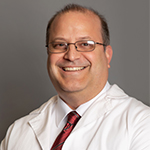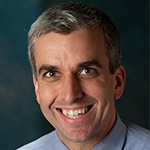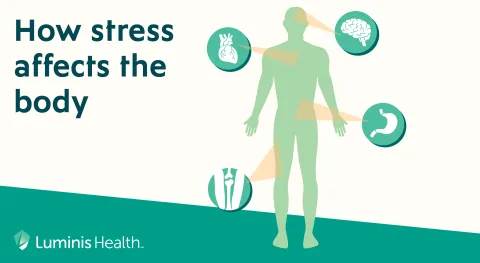by Luminis Health

About four in ten adults (or 42 percent of Americans) report that there is a gun in their household. Recent data shows that more people died from firearm injuries in the United States last year than in any other year since 1968, according to the Centers for Disease Control and Prevention (CDC). Gun-related injury and death remains one of the most seriously, and largely unaddressed, challenges facing the country. As the number of firearm homicides and suicides rise, the medical community is taking notice and action to treat the issue as a public health concern. Well over 100 professional organizations, including the American Medical Association, the American College of Physicians, and the American Public Health Association, have identified gun violence as a threat to the health of the nation and have issued calls to action around gun safety.
At Anne Arundel Medical Center (AAMC), leaders in ethics and medicine are working together to lay the groundwork for a policy on how clinicians can counsel patients on gun safety. “The perfect storm is brewing for us to no longer turn our back,” says David Moller, Ph.D., chief of clinical and organizational ethics at AAMC, in reference to gun safety. “It’s always about the people and, as medical professionals, we have a moral obligation to keep our communities healthy and safe.”
READ MORE: Tips for talking to kids after traumatic events
What does gun safety look like from a physician perspective?
“My responsibility as a physician is to ensure the safety and wellbeing of patients,” says Vincent DeCicco, DO, family physician at Anne Arundel Medical Group (AAMG) Annapolis Primary Care. “To me, it’s like talking to patients about their risk for heart disease. My moral obligation is to ask patients about their behaviors and help them get on a healthier track. ”
Dr. DeCicco says conversations about gun safety with patients start by encouraging healthy behaviors, which means owning a firearm in a responsible and safe manner. “Public health comes down to encouraging healthy behaviors,” adds Dr. DeCicco. “I won’t take your weapon away as a physician, but I do have a moral obligation to talk to you about the responsibility that comes with it.”
Andrew McGlone, MD, physician at AAMG Annapolis Primary Care, concurs that gun safety is a public health issue. “The medical community is positioned to play a significant role in the reduction of injury and death from firearms,” he says. “We can start by promoting gun safety to decrease unauthorized access for children, adolescents, and patients at risk for suicide. Approximately 40 percent of gun deaths in Maryland are from suicide. Research estimates that 45 percent of suicide victims in the United States were in contact with a primary care provider within one month of suicide. Empowering health providers, patients and their families to have honest and stigma-free conversations about mental health, suicide risk and gun safety is imperative.”
How can a public health approach help with gun safety?
Like other major health threats, Moller says the medical community can help reduce avoidable gun-related injuries and deaths using a public health approach. Using domestic violence as an example, he says medical professionals needed to think bigger and broader about how to solve the problem to achieve substantive change.
“As cases of domestic violence increased, medical professionals began to develop the idea that we needed a different approach, says Moller. “We began to reframe the problem of domestic violence away from the individual encounter and began looking at it as a community and public health problem.”
As a result, health providers today often screen their patients for signs of abuse and many hospitals are providing coordinated services to domestic violence victims. Similarly, Moller says starting a conversation together about reasonable, sensible solutions and recommendations on gun safety, storage, accessibility, and health is pivotal.
“This conversation is not aimed at taking away the legitimate right of people to own and use guns, but at minimizing the violence and the mortality that is associated with the role of guns in American society,” he adds. “It has to start with a conversation, and that conversation has to be reasonable, sensible and civil. For us in the medical profession, this transcends politics. Harm reduction is not the same as gun control. This is not political advocacy, it’s patient advocacy.”

David Moller, Ph.D., is chief of clinical and organizational ethics at AAMC.

Vincent DeCicco, DO, is a family physician at Anne Arundel Medical Group (AAMG) Annapolis Primary Care. To reach him, call 443-270-8600.

Andrew McGlone, MD, is a physician at AAMG Annapolis Primary Care. To reach him, call 443-481-1150.



